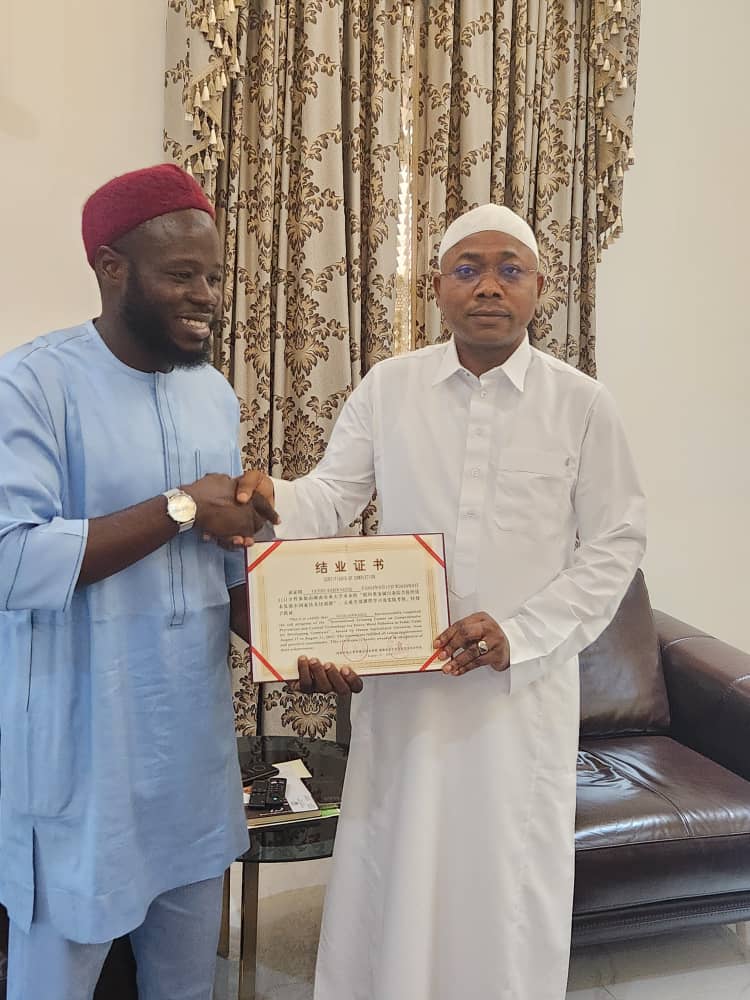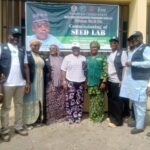By Ojotule Romanus
Kogi State Government in conjunction with Government of Hunan Province in China, has successfully completed a Three-Week agricultural training program for the first batch of Lectures under the Lectures/Students Exchange Programme.

The training programme is part of the social and economic development partnership agreement between government of Kogi State and Government of Hunan Province in China.
Kogi State Governor, Ahmed Usman Ododo, who disclosed this while receiving the first batch of participants, pointed out that the programme represents the first visible dividends of the Kogi–Hunan partnership, which covers agriculture, mining, industrialization and will deliver developmental strides across different sectors of the state’s economy.
A press statement by the Special Adviser to the Governor on Media, Ismaila Isah, a copy which was made available to newsmen in lokoja has disclosed.
According to the statement, Governor Ododo, explained that the training at the Hunan Agricultural University, Furong District, Changsha City on Heavy Metal Control and Prevention in Paddy Fields was in response to a request he made during his official visit to Hunan Province earlier this year under the mutual economic cooperation agreement with the People’s Republic of China.
“This initiative has equipped our lecturers with cutting-edge knowledge and innovative strategies to manage heavy metal contamination in rice cultivation, which is highly relevant to Kogi State’s agricultural landscape. It is the beginning of many more exchange programmes to be facilitated by the state government,” Governor Ododo stated.
Governor Ododo further reaffirmed his administration’s commitment to leveraging the partnership to unlock Kogi’s vast agricultural and mineral potential, foster industrial growth, and drive sustainable development.
In their separate remarks, Dr. Ajayi Joshua and Mr. Sadiq Fatihu, both of the Faculty of Agriculture, Confluence University of Science and Technology (CUSTECH), described the training as an eye-opening experience.
Dr. Joshua explained that the programme broadened their understanding of sustainable agricultural practices and exposed them to new research avenues and collaboration opportunities with Hunan Agricultural University.
Similarly, Mr. Fatihu, noted that the training has given them the capacity to adapt new technologies to local needs, fostering opportunities in agritech, sustainable farming, and food safety while laying the foundation for policy-driven improvements in agriculture and the environment.
Both lecturers pledged to translate the insights gained into practical action that will enhance food safety, improve public health, and position Kogi State as a leader in sustainable agriculture.
The exchange programme, which falls under the broader China–Africa Economic and Trade Promotion (CAETP), and a Sister-City collaboration agreement, is expected to unlock further opportunities for research, agritech investment and more exchange programmes between Kogi State institutions and universities in Hunan Province.







